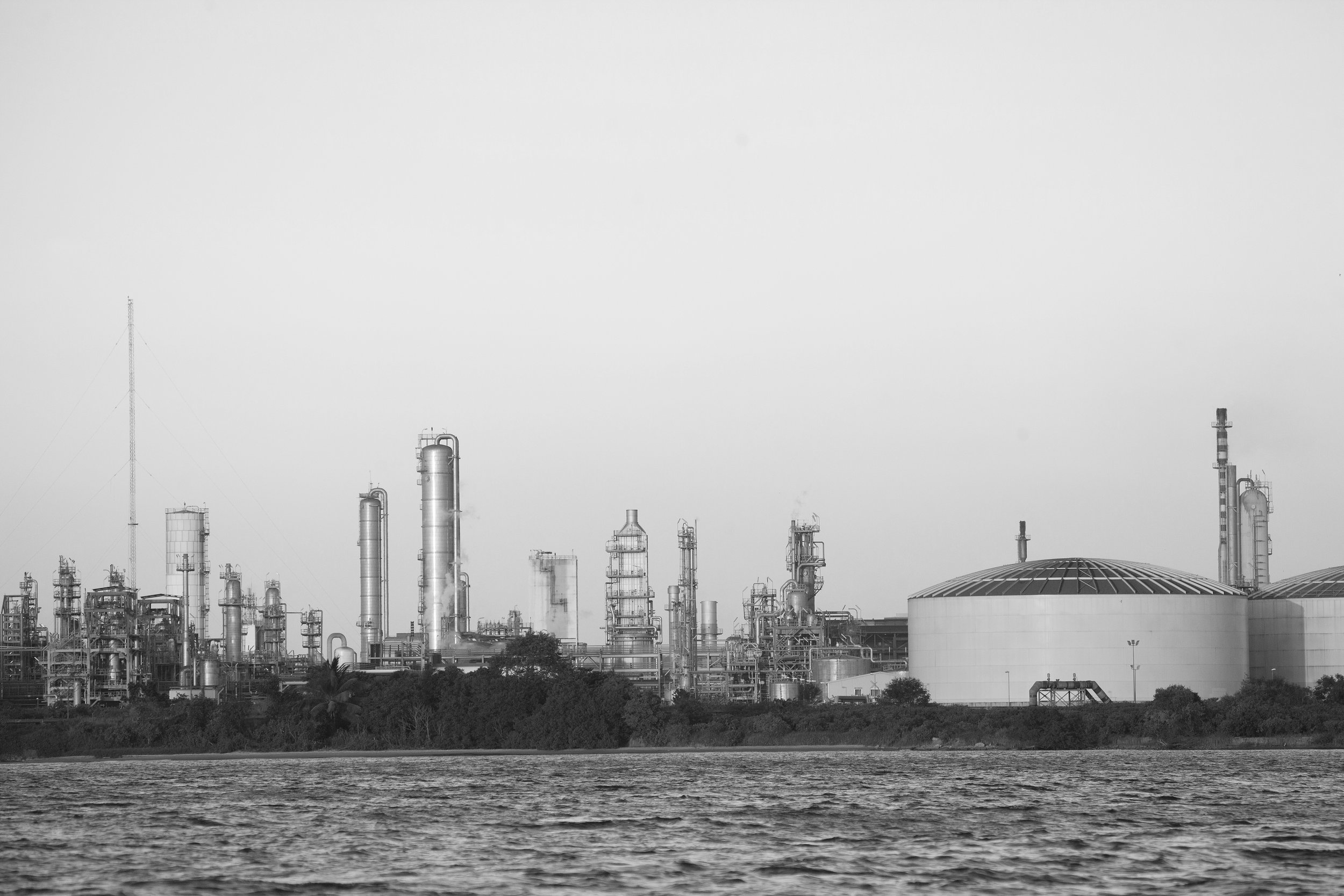After the increase in Green Fund and Business Levy contributions from 0.1% to 0.3% of sales, small gas station owners are complaining about their margins being stifled in the heavily regulated industry. On the face of it, this appears to be negligible but it is the single factor which could lead to the closure of several gas stations. The potential for closure is real because operators are taking home $0.05 cents on every dollar of gas sold.
The local gas station is often the lifeblood of many communities in Trinidad and Tobago. It serves the primary function of refuelling vehicles but may also often function as a convenience store outlet, providing the essentials.
The challenges faced by service station operators range from being easy targets for misguided bandits to trying to seek out a living within the confines of the heavily regulated price structure prescribed by the government.
For the past 56 years, the La Romaine Service Station has been a landmark. It is open from 6:00 am to 9:00 pm every day. Mr. Supersad, who operates the station, inherited it from his parents who had been running the station since it was franchised by Texaco and subsequently National Petroleum (NP). Mr. Supersad sees this station as part of his legacy to be handed down to future generations.
It would be a fitting legacy because the Supersad family has made many sacrifices over the years to ensure a steady supply of fuel and car lubricants to their community. Their business decisions have ranged from mortgaging private properties, to investing countless hours in the business. The La Romaine Service Station has been a resilient feature of the La Romaine community. More than providing a safe meeting point to community members, fuel and car care items, Mr. Supersad’s gas station has provided employment to over two thousand La Romanians. As a result of the dwindling to nonexistent margins the usual 12-member staff, has been downscaled to four.
On the other side of town, the story is the same, the Rio Claro Service Station has retrenched half of their staff in order to keep their business afloat. Like the La Romaine station, Rio Claro is a second generation family-run business and has been in operation for the past 60 years. Over six decades, the station has employed over 1,000 Rio Clarions.
Prior to the increase in the Business Levy and Green Fund, there were employment opportunities for persons who are hardworking and trustworthy. Now the owners have to increase their sweat equity just to remain open for business.
The Rio Claro Service Station is a popular landmark for this fishing community. It provides the steadiest and most reliable supply of fuel to drivers and fisherfolk alike. The owners fear that if there is no relief from the tax burden, then their only option will be to close their operation and exit the community.
With a slightly different experience, owner of the Siparia Service Station, Mr. Nagib Hosein, is a first generation owner who purchased his property by combining his life savings with a family loan. This service station was his retirement project. Mr. Hosein’s gas station has been in operation since January 2008 but was intended to be his legacy project for his children.
Like the La Romaine and Rio Claro station owners, Mr. Hosein has lamented that his margins have almost disappeared. While the increased Green Fund and Business Levy contribution eats away at any margins, increased crime and cost of operations also impact his potential to survive. If this station closes, it will have a devastating impact on the community because the closest station is miles away in the village of Mayaro.
Three service stations with the same story. The 3% increase in Business Levy and Green Fund is strangling their business. While some persons can dip into their savings to subsidise their business that is a short-term solution which is unsustainable.
Their one request is for the government to release the stranglehold on the industry and provide margins which will make the industry sustainable.

